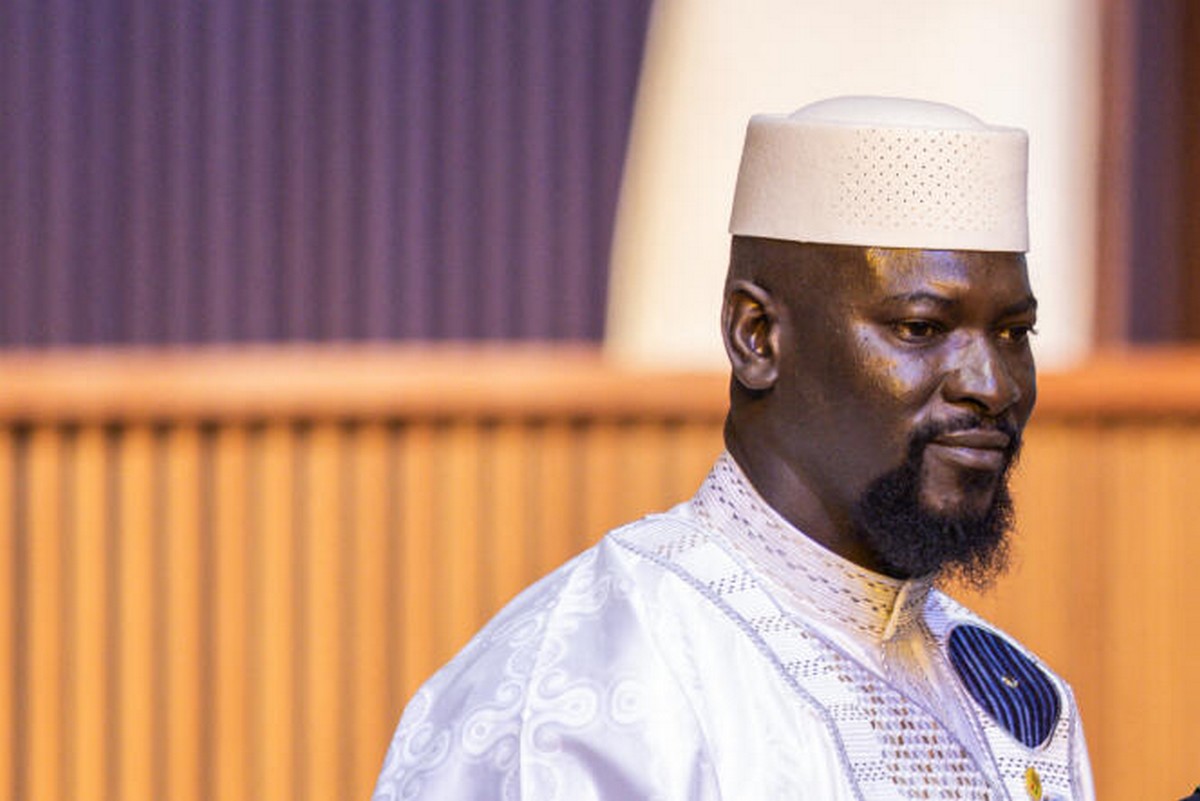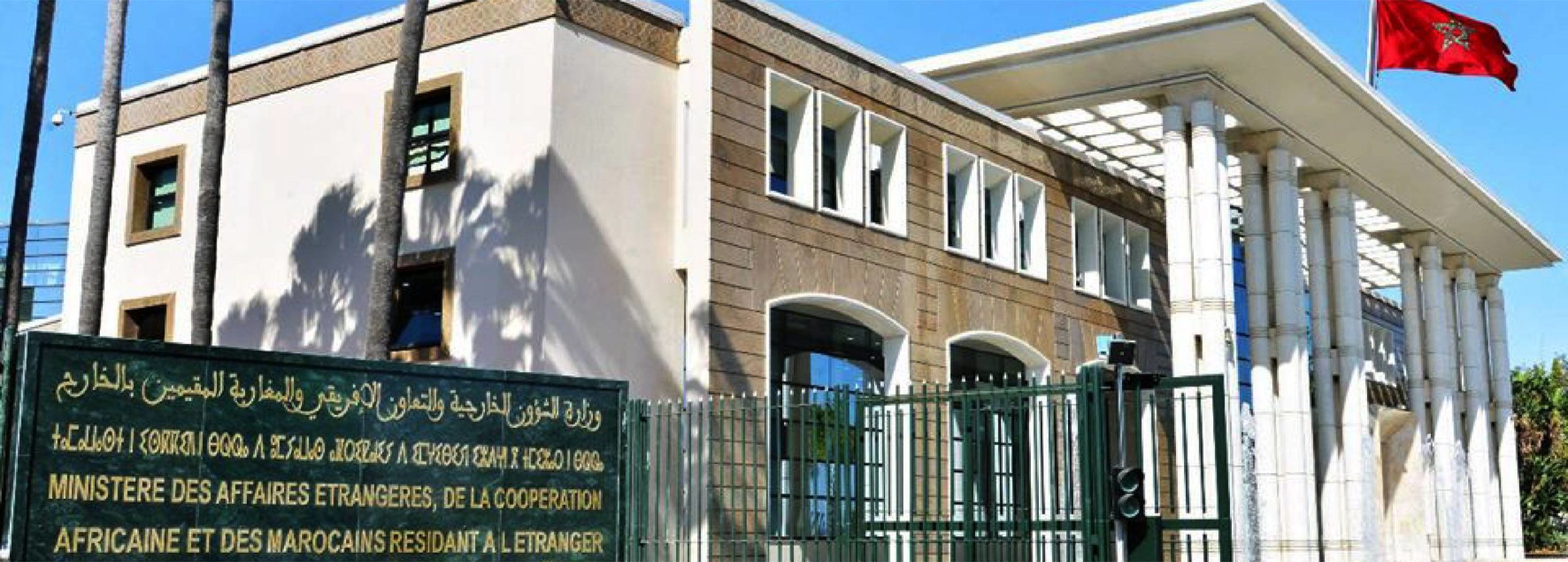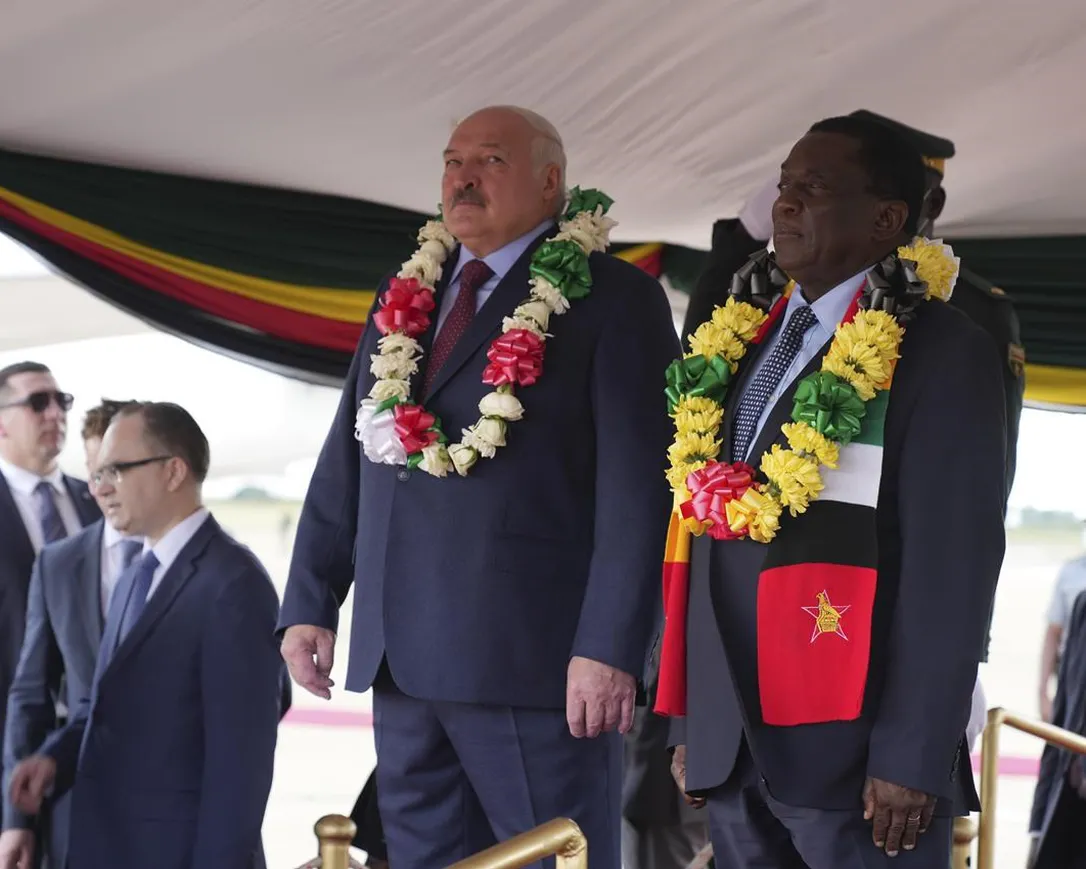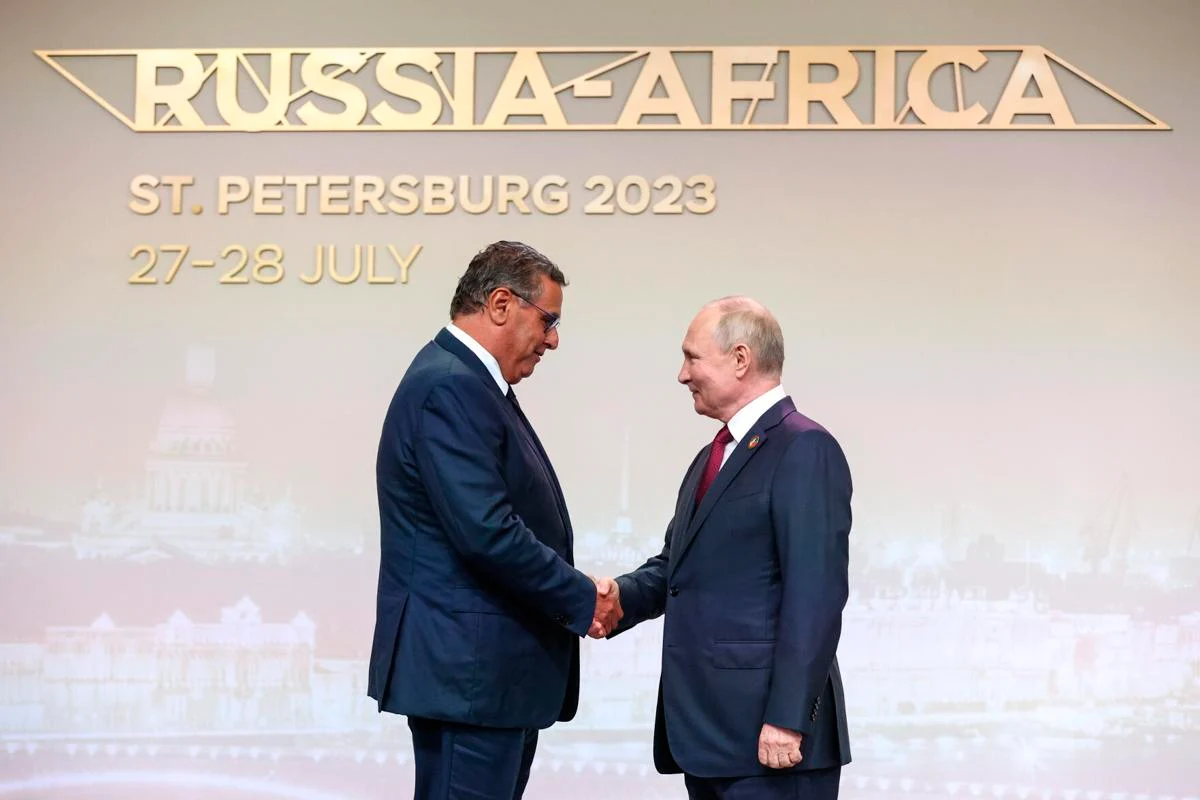Guinea’s military junta, led by Colonel Mamady Doumbouya, is facing mounting resistance from the country’s resilient civil society and pro-democracy movement as it seeks to extend its hold on power.
Since seizing power in a 2021 coup, Doumbouya’s government has delayed its promised return to constitutional order, now eyeing elections for 2025 after missing a 2024 deadline. Despite initial promises to transition to civilian rule, the junta’s roadmap remains opaque, raising concerns about its true intentions. The junta’s reluctance to relinquish control is further evident in its increasing militarization of the government. Key civilian positions have been replaced with military officers, and municipal councils have been dissolved, with military figures now overseeing elections. Doumbouya’s shift towards pursuing a constitutional referendum in May 2025 and possibly contesting the presidency has sparked fears that Guinea could follow the example of Chad, where a junta leader managed to transform into a civilian president through orchestrated elections.
Opposition groups, including civil society organizations and political parties, have condemned the junta’s actions. The Forces vives de Guinée (FVG), a coalition of Guinea’s main political parties and civil society organizations, has organized protests against the junta’s authoritarian measures, despite a 2022 ban on such demonstrations. These protests have been met with violent crackdowns, leading to arrests and even reported torture of opposition leaders. Additionally, the junta has increasingly restricted media freedom, imprisoning journalists and silencing dissenting voices. But Guinea’s democratic transition will also be likely derailed by Russian interventions, according to a recent analysis by the Washington-based Africa Center for Strategic Studies. This scenario is likely “given Russia’s long involvement in bauxite mining in Guinea, Russia’s outsized influence with neighboring Sahelian military juntas, and the Kremlin’s purposeful efforts to undermine democracy elsewhere in Africa.”



